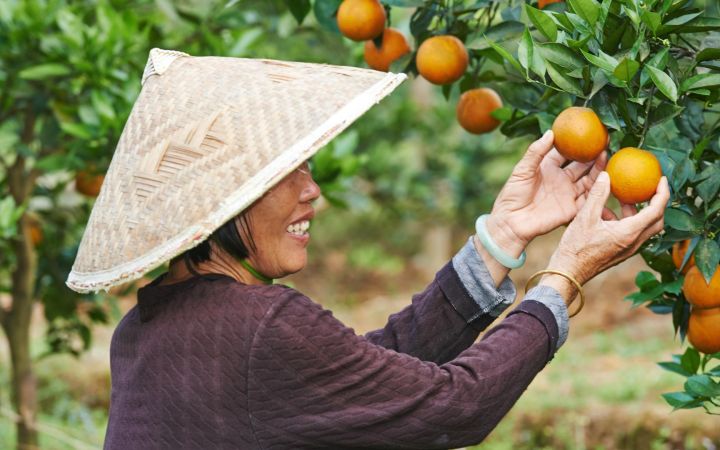DAVID KOCH: Australian Border Force Commissioner Michael Outram joins me now. Michael, appreciate your time. How many people were assessed during yesterday’s operation and can you confirm how many people are showing symptoms?
MICHAEL OUTRAM: Yeah. David, good morning. So yesterday, about five crew from the Aspen team, the medical team, along with Border Force offices, and representatives from New South Wales Health, that you saw, attended the vessel. The purpose of the visit wasn’t to assess all the crew, it was actually to work with the medic with the ship’s master and to get a general assessment of what’s going on on-board. I’ll expect a report this morning from the Aspen team. And based on that report that I receive, myself and Mick Fuller, of course, the New South Wales Police Commissioner, it will inform our next steps. Of course, it would be safe to say, given what’s happened with the Ruby Princess, we shouldn’t be surprised to see a number of other crew members who may well test positive for COVID-19.
DAVID KOCH: It’s sort of a death ship, isn’t it? And Mick Fuller, quite rightly worried that our healthcare system won’t be able to cope if the crews of these boats are allowed off. We don’t want them taking up beds that Australians could be using, but then you’ve got to trade off this duty of care, don’t you?
MICHAEL OUTRAM: Well David, that’s absolutely right. So, of course, when the ban was put in on the cruise ships in the first place, the reason for the ban was because we were acutely aware that all of these cruise ships with their passengers and crew could create a catastrophic effect on the Australian health system, if they were to stay in our waters. Of course, we’ve managed to get rid of all of the ships with passengers, so that’s good. But we’re still left with a lot of crew around our waters. And now we have this dual imperative, as you say: we want to get these ships gone. But of course, in doing so, we have to ensure that we’re not sending them out into danger where lives at sea could be risk. The men and women, of course, who work on these cruise ships, they probably want to get home too. So we’ve got to try and work through this and make sure that we get the ships gone as quickly as possible, but at the same time that we don’t put people in harm’s way.
DAVID KOCH: Okay. Number one, why are they staying? Why don’t they just go back to their home ports where they’re registered. And number two, how can you get rid of them if they just simply refuse?
MICHAEL OUTRAM: Okay. On the first point, yes, they can go back to their home ports. Of course, as you said earlier on, this concept of a homeport is an abstract concept at best. But of course, these ships are registered in states around the world…
DAVID KOCH: [Interrupts] Yeah, go back to Panama where you’re registered.
MICHAEL OUTRAM: Well I’m going to say, they’re registered around the world. And if ever there was a time, I think, for ships to go back to where they’re registered, it’s probably during a time of a global pandemic like this. That’s the first point. And so we have issued notices to all of these ships to leave Australian waters. What they’ve done is, a number of them have sought permission to stay and we’re now working through that. But I would say this – there’s a couple of the large companies that we’re working with, the Royal Caribbean being one. And Royal Caribbean are being quite proactive in trying to get their ships out of our waters, and we’d expect to see some movement in that over the coming days. And now we’re working with Carnival; they have a lot of ships as well in Australian waters. But my position is, that if those ships have got no reason to be in our waters, if the crew are well, they need to move on.
DAVID KOCH: Yep. Absolutely. Alright, Michael, thanks for your time.
MICHAEL OUTRAM: Thanks David.








